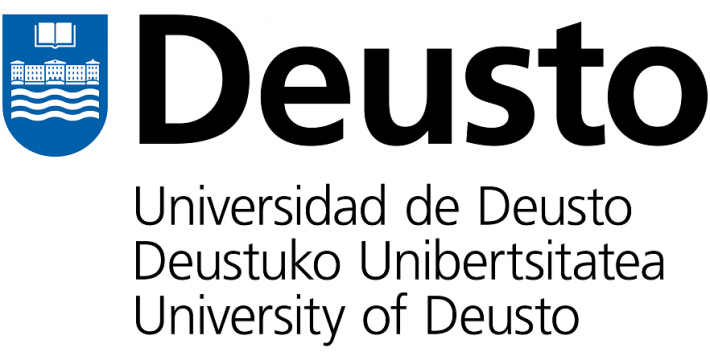The SI-DRIVE partner, the University of Deusto (social innovation unit) investigates the collaborative economy, the circular economy and the notion of the common good as new models of social relationships and doing business, associated with social inclusion.
The model of thecollaborative economy is presented as an alternative to both, market capitalism and planned economy; it is focused on serving the general interests, the public good, displacing profit and competition. The traditional ways of sharing, exchanging, lending, renting and gifting are redefined through modern technology and communities, in which access and use have priority over ownership. According to Pricewaterhouse Coopers (PWC), the collaborative economy currently generates about $ 26 billion and can reach 335 billion globally by 2025[1].
Around this concept the Social Innovation team of the University of Deusto has presented its work in the written media and social networks in recent months. On one side, Garbiñe Henry, Director of the Social Innovation unit, says[2] the main transition that should be done is liked to attitude: “We always talk about the three axes: share, trust and collaborate. If I do not trust someone with whom I am going to exchange my house, obviously that exchange will not happen.”
One positive aspect of this type of economy lies in the challenge of generating employment in places where it is going to be destroyed; hence the potential of the collaborative economy as well as its ability to promote family conciliation. This way, the future of employment will be redefined and the intervention of public agents will be vital to minimize “frictions”. Garbiñe Henry emphasizes and defends the importance of placing “the person in the center, above profit” and shows her optimism for the adaptation of a region as the Basque Country to this kind of initiatives. On the same line, Anaïs Iglesias, researcher at Deusto Social Innovation unit, outlines[3] that the collaborative economy is a great opportunity for the different actors. All agents involved in the development of this system –from the government, through the company, to the education field– have to consider this change in the balance of power as an opportunity to redirect the future generations.
Emerging models such as collaborative economy, circular economy and the common good economy are based on the same premise: it is the person who chooses the way in which he/she wants to consume, how he/she wants to be connected, or what criteria requiring to companies to be a loyal customer. These are all emerging trends that serve a common good: sustainability –in a broad sense– from civil society, to push for a systemic change where it has more relevance, meaning the economic sphere.
[1] See: http://www.pwc.co.uk/issues/megatrends/collisions/sharingeconomy/the-sharing-economy-sizing-the-revenue-opportunity.html
[2] See news: http://www.noticiasdegipuzkoa.com/2016/07/16/economia/de-la-propiedad-al-uso
[3] See news: http://www.zarautzon.org/entrevista-anais-iglesias-investigadora-deusto-innovacion-social/
